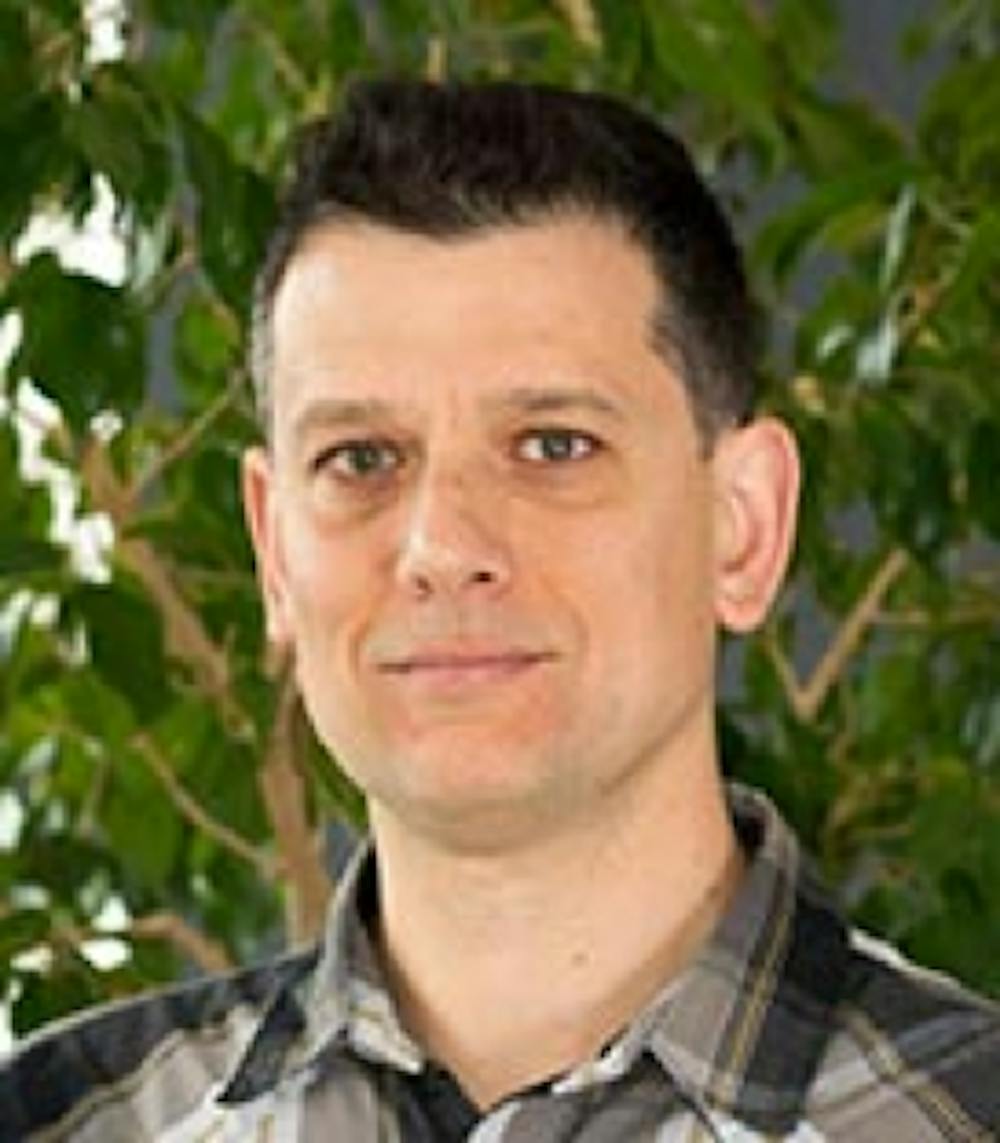On Monday, April 9, geosciences professor Gabriel Vecchi gave a talk concerning the potential future trends of hurricane activity in the Atlantic Ocean.
Vecchi began with an overview of hurricane dynamics, discussing notable historical storms and the extreme flood-related events that caused them to be particularly damaging. According to Vecchi, “A lot of the real damage is caused by water.”
He classified hurricanes as tropical cyclones, which are large, symmetric, rotating storms formed over warm ocean water. They exist “as a feedback loop [of] evaporation, wind speeds, and rainfall,” with the condensation of water in the atmosphere serving as the main source of energy behind the storm.
To study hurricanes, Vecchi employs computational and mathematical models that describe hurricanes’ creation and intensity. By imagining a hurricane as a type of “heat engine,” it is possible to evaluate the hurricane in terms of its strength as a function of efficiency and power.
Since researchers cannot directly induce hurricanes in labs, models are the primary method by which predictions are made. But as Vecchi found out, these models frequently lead to vastly different predictions.
Vecchi compared two graphs of expected hurricane activity, one that used Atlantic surface temperatures as the primary metric, and another that used the relative Atlantic temperature, which calculates the difference between the temperature of the tropics and other regions. He found that while the two graphs are similar, their predictions concerning future trends in hurricane activity differ sharply.
Vecchi cautioned that the rise in reported hurricanes in the Atlantic is most likely due to changes in reporting practices rather than a tangible rise in activity. “We can’t say hurricanes have increased in the Atlantic, even though reported hurricanes most definitely have,” he said.
Vecchi concluded by discussing the uncertainties surrounding future hurricane predictions. According to Vecchi, environmental factors like greenhouse gas concentrations will likely not exert a tangible effect on hurricane frequencies “until the end of the century,” but innate chaotic variations in climate will always be present and make it difficult to predict hurricane patterns.

The talk, “Past and Future Hurricane Activity,” which was sponsored by the Woodrow Wilson School’s Program in Science, Technology, and Environmental Policy, took place in Wallace Hall at 12 p.m. on Monday, April 9.









